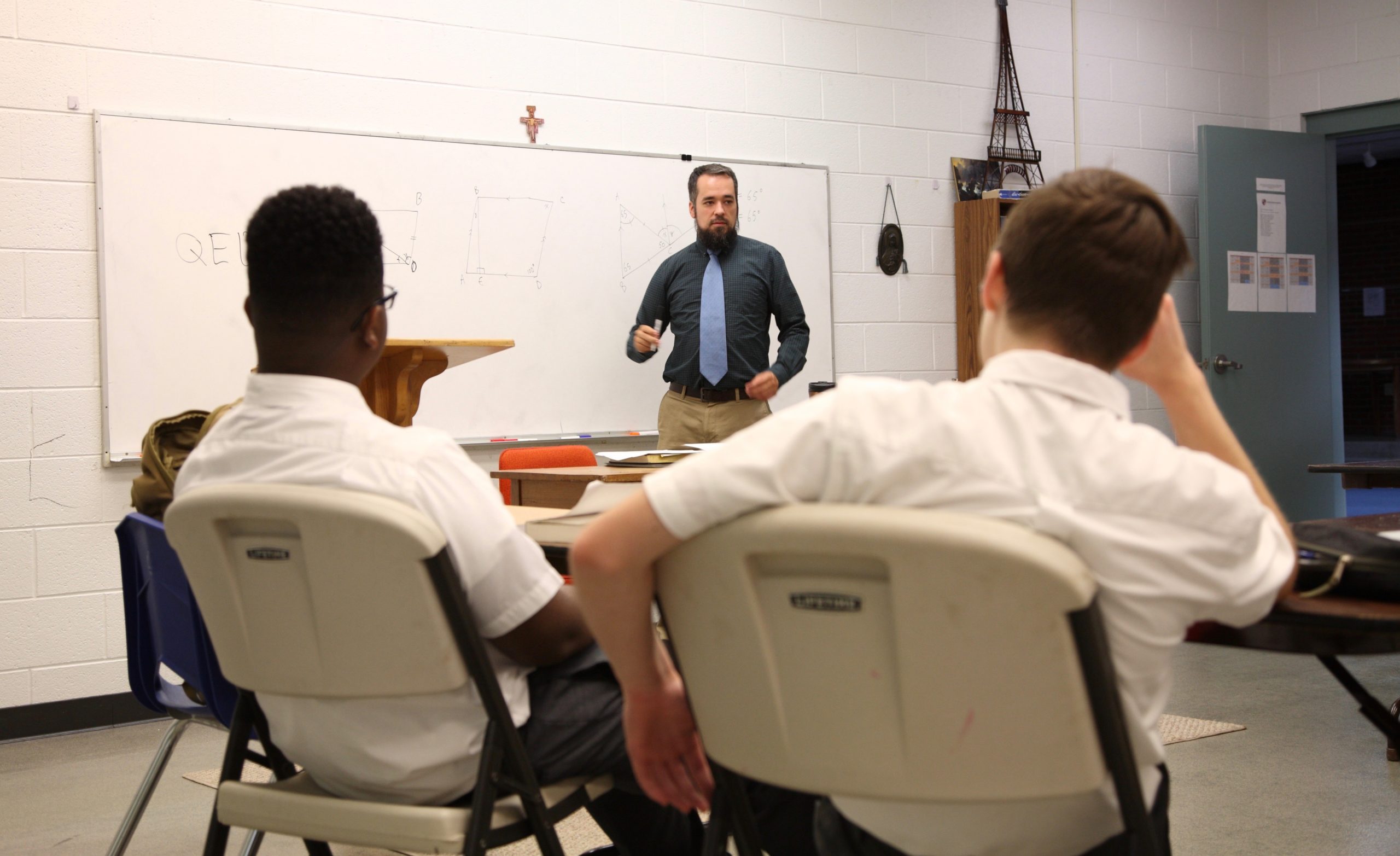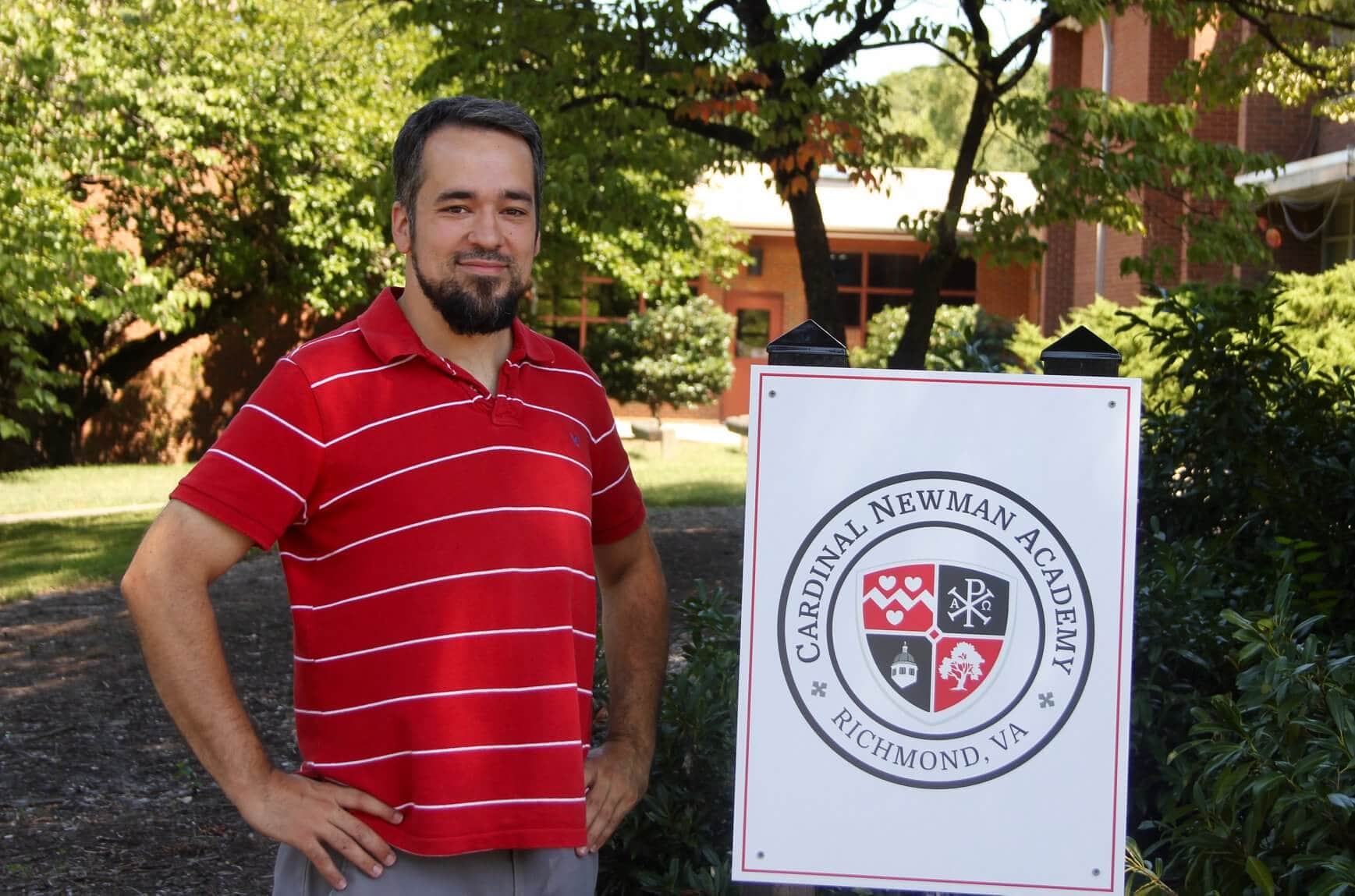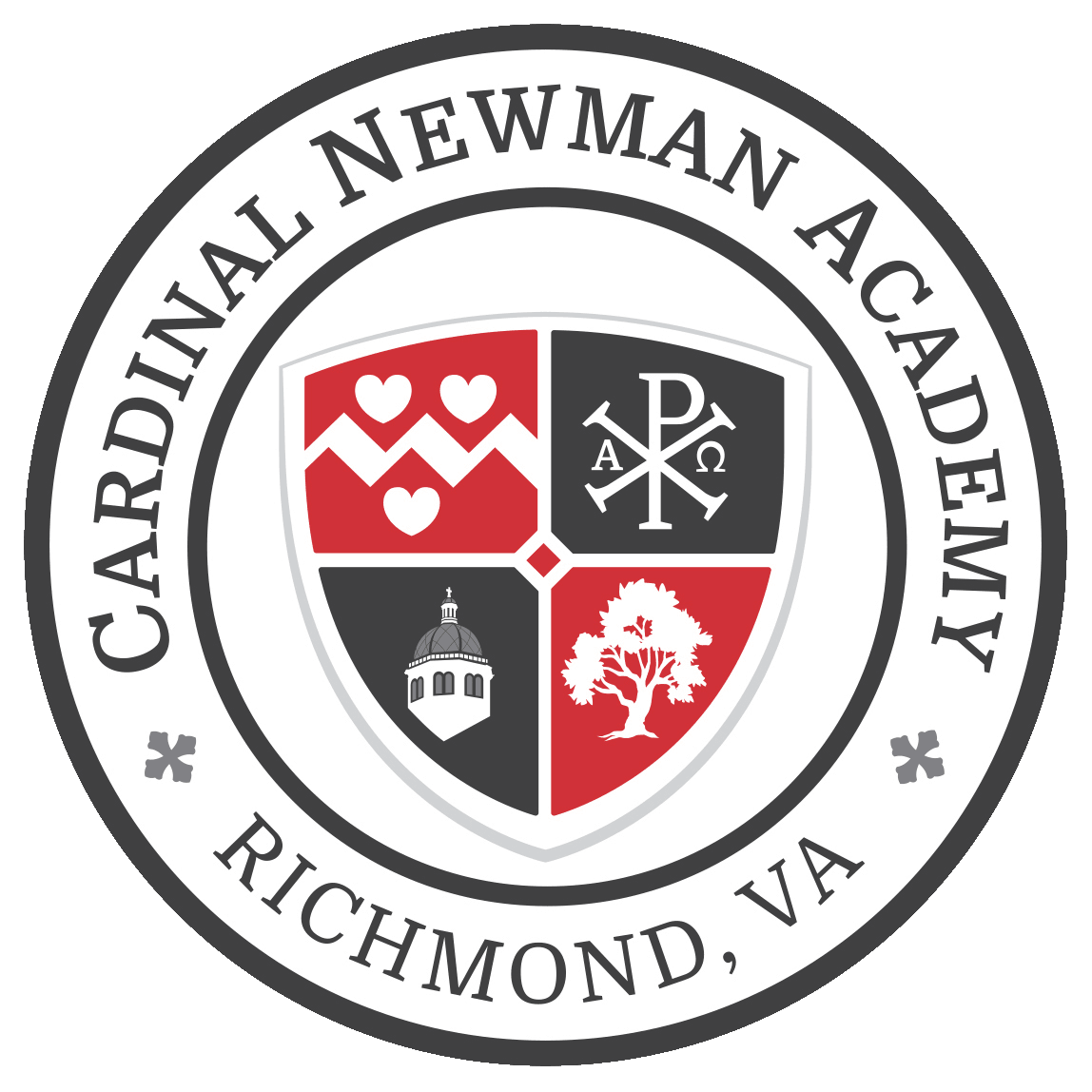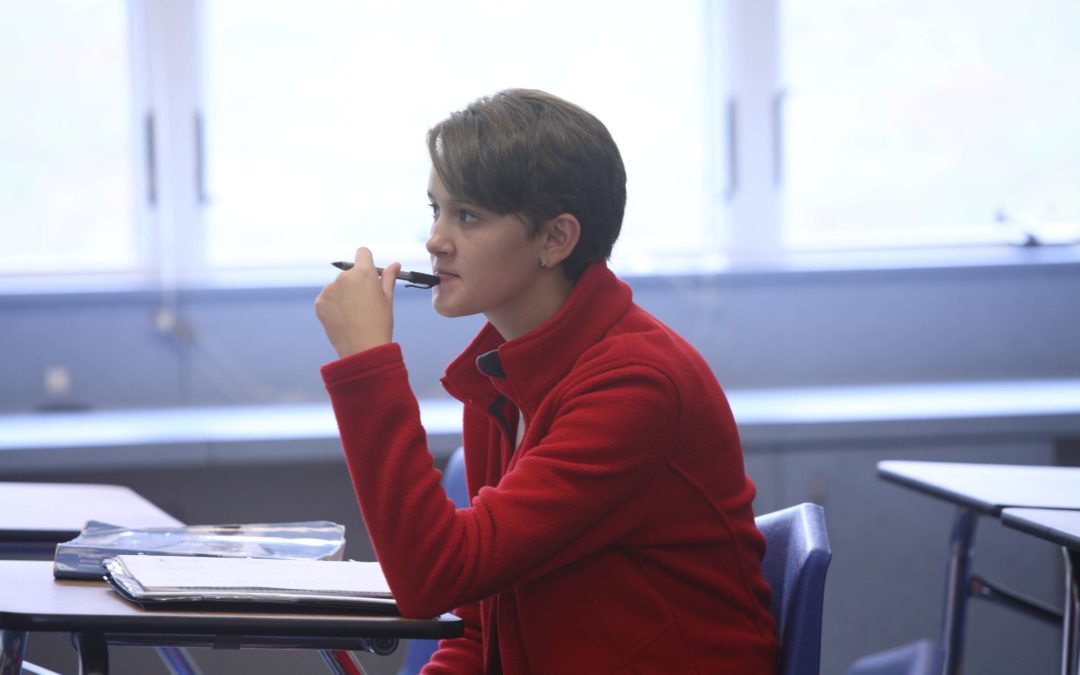Dear Friends,
A small school affords many advantages to both teachers and students. Among these is the ability of our teachers to adapt to the particular needs of the students.
For example, next week my English students will put the finishing touches on their papers about Shakespeare’s Macbeth. My initial plan was to read Hamlet next, and I have been looking forward to reading and discussing it with my students all year.
But about a month ago, I decided that we would instead read The Great Divorce by C. S. Lewis.
Why the change?
I have become very familiar with the students in my English class. I know how they write, how they think, and what interests them in a way not possible in a large school with large classrooms. Most importantly, I have gained an insight into what
questions they have about weighty topics like reality, themselves, God, and mankind. After hearing these questions in various forms all year, through many conversations both inside and outside the classroom, I realized that The Great Divorce would be better for them at this point in their lives than Hamlet. It would better help them find the answers to their questions.

On a basic level, a true education concerns itself with answering questions. A liberal arts education focuses on the answers to the big questions man has wrestled with since the dawn of time. Much failure in education today is the result of teachers giving students answers to questions they never asked. Great teaching, in some cases, consists in properly framing the right questions. The students, thus prepared, can find the answers for themselves. And this mode of discovery is one that often makes a lasting impression.
This idea of asking the right questions suggests something more: a true education more closely resembles an afternoon ramble through a flower garden than it does a race along a pre-determined track. Do not misunderstand me: truth exists and is the true object of our intellects. But truth must be lovingly sought with both patience and flexibility. One does not really know the paths one will be led down in the pursuit of the truth.
And so I had to deviate from my plans to teach Hamlet. Cardinal Newman Academy is a school where this can happen. As we continue to grow, may we always enjoy this intimate atmosphere where conversation and flexibility remains a distinguishing characteristic of our school.
In Christ



